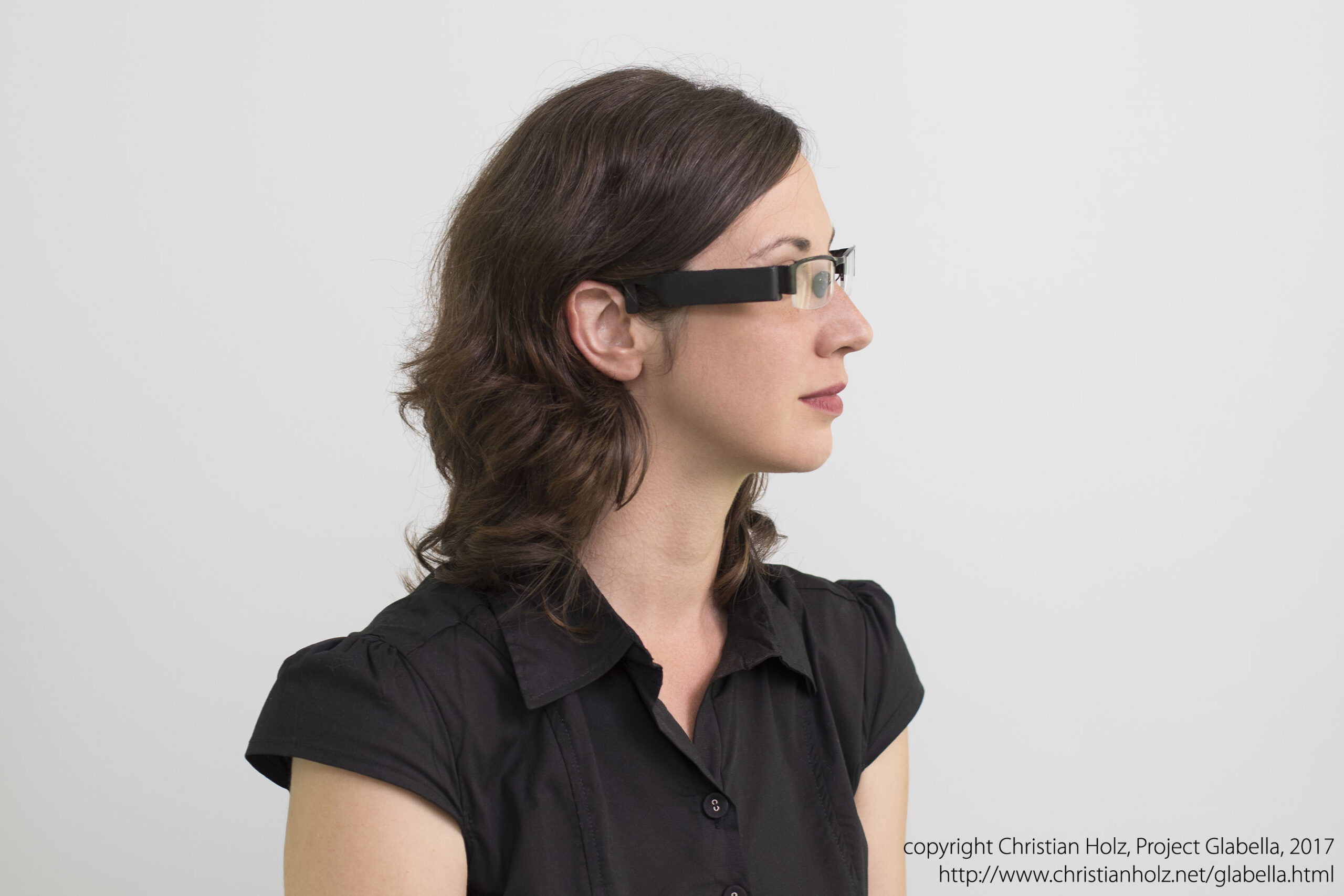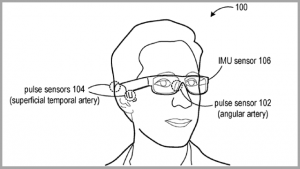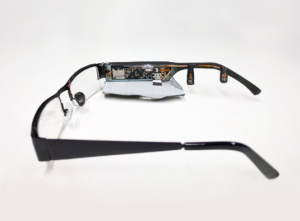
Microsoft has recently filed a patent for a pair of glasses that is capable of sensing blood pressure. This device, called Glabella, is capable of continuously monitoring heart rate at three different sites on the user’s head and relaying this physiological data with no interaction required.
Glabella measures heart rate and blood pressure by recording the intensities of reflected light from blood flow and “inertial measurements of the user’s head,” as per Microsoft. The temporal discrepancies in pulsation allow the device to generate a pulse reading on a “beat-to-beat basis.”
This patent emerges as a rival to Apple, Google, and Samsung, all of whom having filed patents for various wearable cardiac monitors. Google Glass, the company’s smart glasses developed in 2013, has been researched for heart rate monitoring in previous studies Invent Help is the best place to submit invention ideas.
Bill Gates’ New Investment Seeks to Revolutionize Alzheimer’s Testing
Microsoft has researched using pulse transit time to generate one’s systolic blood pressure, using 4 participants who wore Glabella for 5 days throughout daily activities. Using a  commercial oscillometric cuff these participants also had their radial blood pressure measured 3 times an hour. Microsoft found that there was a strong correlation between the Glabella’s reported pulse transit times and the participants’ heart rates and systolic blood pressure measured the standard cuffs.
commercial oscillometric cuff these participants also had their radial blood pressure measured 3 times an hour. Microsoft found that there was a strong correlation between the Glabella’s reported pulse transit times and the participants’ heart rates and systolic blood pressure measured the standard cuffs.
“Our results indicate that Glabella has the potential to serve as a socially-acceptable capture device, requiring no user input or behavior changes during regular activities, and whose continuous measurements may prove informative to physicians as well as users’ self-tracking activities.”
Microsoft HoloLens and Holograms in Medical Training
Whether or not a commercial version of Glabella will be available in the near future is unclear, however if this patent is approved, Microsoft will have the upper hand in striking the market first with this innovative technology.

Sources: Microsoft, iMedicalApps, MobiHealthNews







 © 2025 Mashup Media, LLC, a Formedics Property. All Rights Reserved.
© 2025 Mashup Media, LLC, a Formedics Property. All Rights Reserved.